Politics and Government: Organizations and Institutions
Henrietta Franklin
Henrietta Franklin (née Montagu) was a leading British educationist and suffragist and a supporter the Liberal Judaism movement, pioneered by her sister Lily Montagu.
Stella Heinsheimer Freiberg
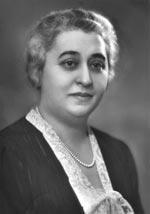
Lillian Freiman
Lillian Freiman was unquestionably the most prominent Jewish woman in Canada in the interwar period. Freiman was exemplary for her degree of independent social activism and devotion to an array of Jewish and non-Jewish social causes.
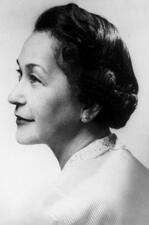
Miriam Freund-Rosenthal
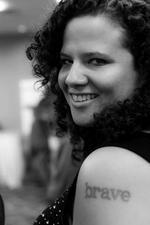
Jaclyn Friedman
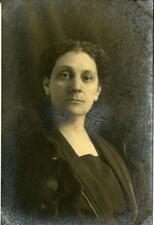
Ida Weis Friend
Ruth Bernard Fromenson

Bird Stein Gans
Bird Stein Gans was among the first generation of women involved in what was then the new field of parent education. She served as president of the Society for the Study of Child Nature for many years, significantly expanding its membership and impact.
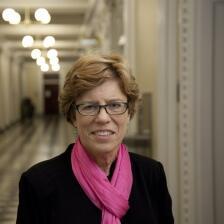
Deena Gerber
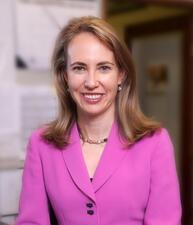
Gabrielle Giffords
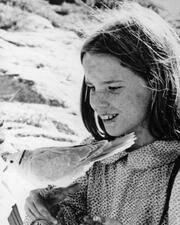
Melissa Gilbert
Blanche Gilman
A native New Yorker, Blanche Pearl Gilman contributed her energy and resources to a variety of religious, health, social, and activist organizations. Gilman devoted her career to bringing diverse groups together, from her interfaith work to her leadership in the Pro-Falasha (Ethiopian Jewry) Committee.
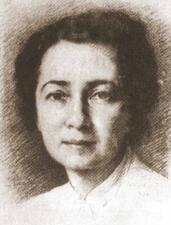
Rosa Ginossar
Rosa Ginossar’s determined lobbying of the British Authority in Palestine won women the right to practice law in Israel.
Ida Ginsburg
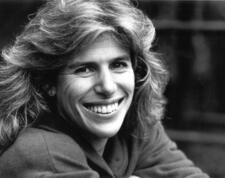
Elizabeth Glaser
Gertrude Glogower
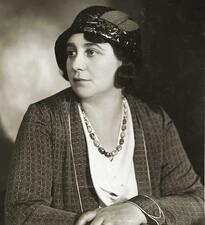
Katie Gluckmann
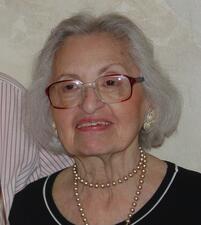
Doris Bauman Gold
Doris Bauman Gold was motivated by her long participation in Jewish organizational life to found Biblio Press, dedicated to educating Jewish women about their own history and accomplishments. Through Biblio Press, Gold published more than 27 general audience books that address and illuminate the culture, history, experiences, and spiritual yearnings of Jewish women.
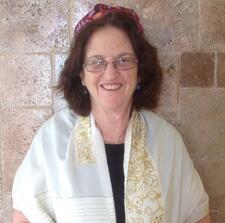
Miri Gold
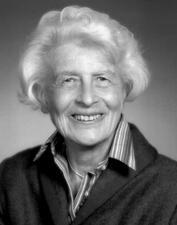
Gertrude Scharff Goldhaber
Emma Goldman
Emma Goldman was a potent voice of anarchism in North America and Europe in the early twentieth century, and her controversial beliefs made her many powerful enemies. Yet even after enduring many contentious interactions with law enforcement, Goldman continued to speak, write, and teach on freedom and individual rights, inspiring her followers to question authority at every turn.
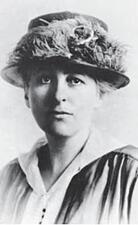
Josephine Clara Goldmark
Josephine Goldmark laid the groundwork for transforming American labor laws by amassing data that forced lawmakers to confront the painful realities of factory work. At the National Consumers’ League, she compiled data on working conditions, wrote articles, led campaigns for legislative reform, and recruited her brother-in-law, Louis D. Brandeis, to argue for those reforms in court.
Henriette Goldschmidt
At a time when women were banned from universities, Henriette Benas Goldschmidt championed women’s education as a crucial building block of a healthy society. She co-founded the General Association of German Women in 1865 and served on the association’s board until 1906, advocating women’s education for the betterment of society. In 1911 she created her crowning achievement, the Leipzig College for Women, Germany’s first women’s college.
Edna Goldsmith
Edna Goldsmith was a driving force in the establishment of the Ohio Federation of Temple Sisterhoods. A founder of the federation, she served as its first president from 1918 to 1923 and then as honorary president until her death. Throughout her life, Goldsmith was active in welfare organizations, concentrating particularly in the educational field.
Rebecca Fischel Goldstein
The quintessential rebbetzin [rabbi’s wife], Rebecca Fischel Goldstein was a prime mover in her husband’s drive to build the Institutional Synagogue and make it a center of Jewish life in Harlem. As a consummate volunteer leader, she strove to make women a dominant force in organized Jewish life.


